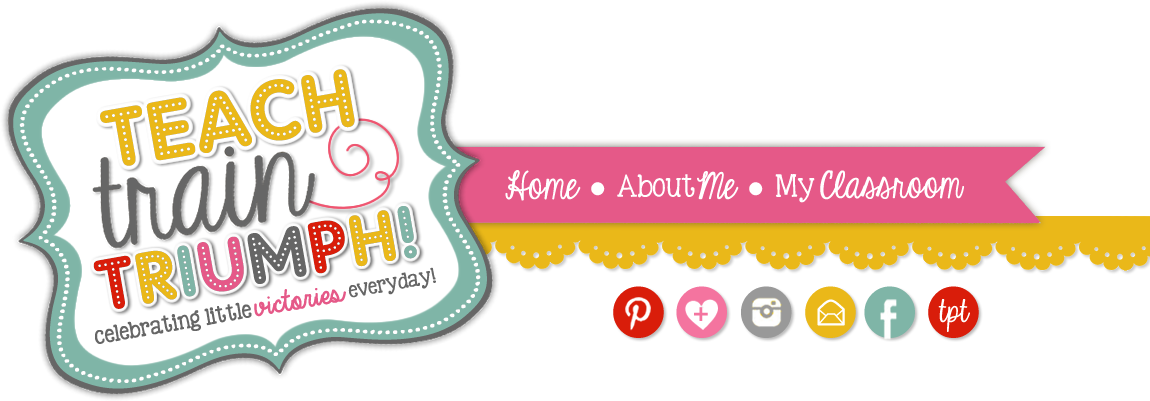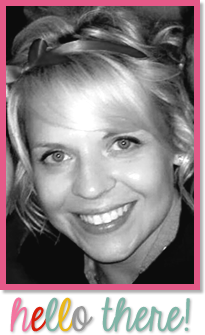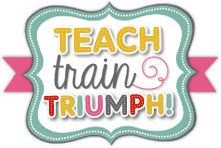So the thing I love about blogging is I feel I can give it to you straight...I sorta suck at small group instruction, I know what to teach and how to teach it, what assessments to use to move students in and out BUT what causes problems for me are the other students who are not in the small group at the time. I think self reflection is something I do well and I'm always wanting to evolve and change to try and be the best teacher possible, So hence why I'm reading this book, trying to "better" myself as a teacher. 

It has been hammered into my head DATA, DATA, DATA...what does the data tell us? It's so important to keep a record of pre-tests, post-tests and informal tests to of course guide instruction. I think it is very important to use informal and formal assessments in tracking students strengths and weaknesses. I think it's best that groups are flexible for the most where students can move in and out based on their needs. Lower students may meet with the teacher 3, 4, 5 times a week for a bit longer period of time where higher may only meet with the teacher once or twice. It's very important to be giving small assessments (quizzes or exit tickets) to make sure students aren't falling behind or in need of a reteaching. Having the data to back-up the educational decisions you make is really important not just for you but for parents and principals too. My math curriculum changed again today :/ so I'm not sure if pre-assessments exist or not...anybody out there using EngageNY?....
This is a super good question right now I don't have any idea about pre-assessments for EngageNY, within the curriculum there are exit tickets, mid-module assessments and post assessments. I will be looking for others things to use!






















1 comment :
That is really good way to teach students, students will grab the information so easily by using this practice. Thank you for sharing it with us.
Post a Comment